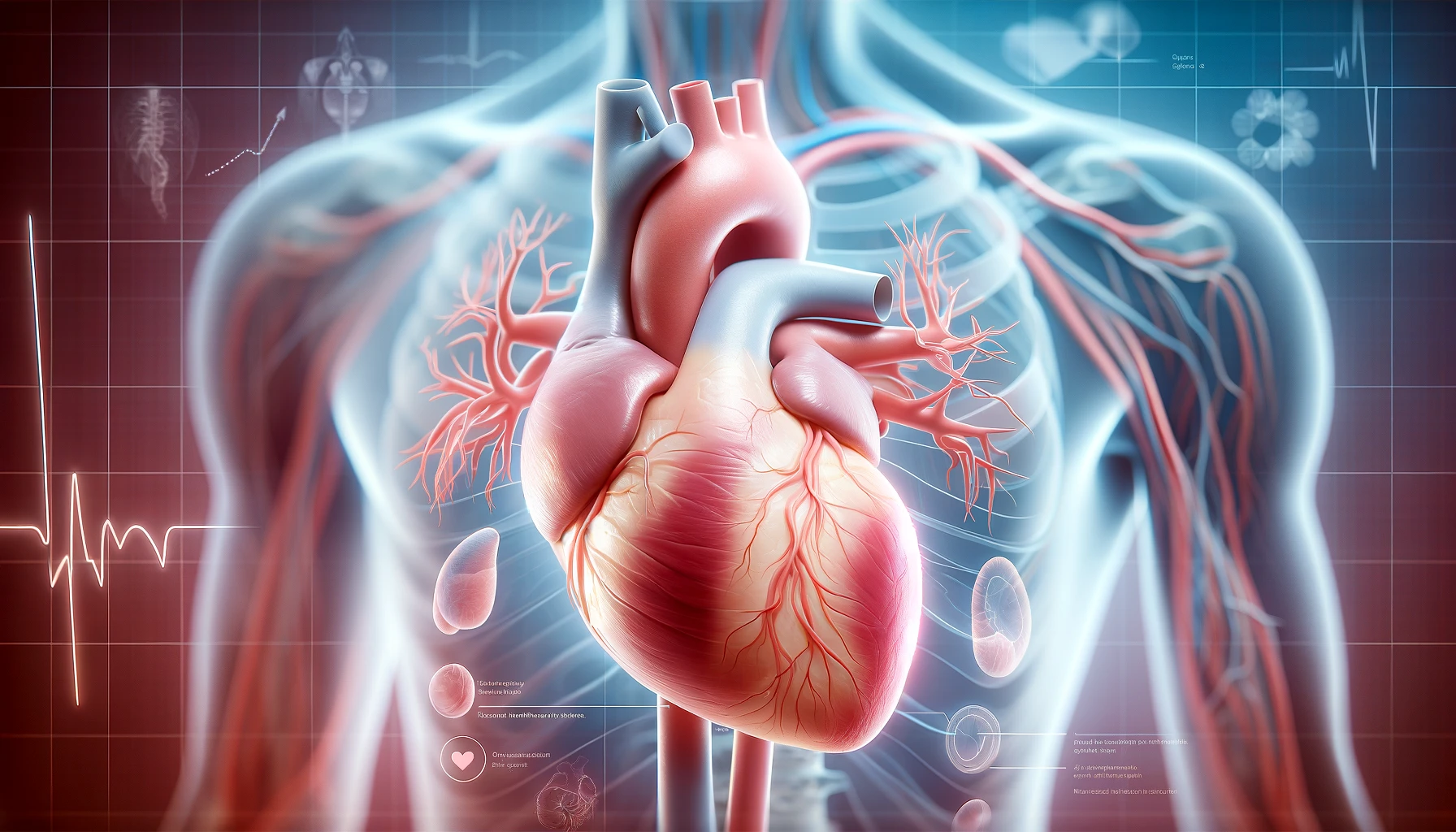Three million people of all ethnicities in the United States suffer the irregular heartbeats of atrial fibrillation, also known as Afib. Although Afib impacts women and men around the globe, most cases are found in North America and are often linked to lifestyle factors, including obesity and inactivity.
If you have Afib, your cardiologist may treat your arrhythmia with medication or electrical stimulation. However, anyone with Afib can reduce their symptoms and their risk for complications by making key lifestyle changes.
Rishin Shah, MD, an expert cardiologist at Prime Heart and Vascular, treats Afib at his offices in Plano, Frisco, Carrollton, and Allen, Texas. Here he summarizes the American Heart Association’s recommendations about how to manage Afib through lifestyle changes.
Shed excess weight
Obesity is an epidemic in the United States. Our high rate of obesity is one of the reasons why North Americans suffer from Afib more often than people in other areas of the globe. Unnecessary pounds put unnecessary pressure on your heart, forcing it to work harder to pump blood through the atria and ventricles, the upper and lower chambers of your heart.
If you’re overweight or obese, losing weight may reduce your Afib symptoms. Attaining and maintaining a healthy weight also lowers your risk for other types of heart disease and for metabolic conditions, including diabetes.
Luckily, the other lifestyle suggestions here make losing weight easier. If you struggle with your weight or have a tendency to yo-yo between weight loss and gain, we may refer you to a weight-loss program.
Stop smoking
Smoking robs your body of oxygen, which makes it harder for your heart to pump blood. Smoking also raises your risk for other serious diseases, including various types of cancer.
We can refer you to a smoking cessation program, if necessary. Replacing your smoking habit with new, healthy habits — such as increased activity and exercise — can also help you ditch tobacco.
Eat (and drink) healthily
A heart-healthy diet that emphasizes fresh vegetables, whole or fermented grains, and high-quality proteins and fats can improve Afib. Many patients benefit from adopting the Mediterranean diet, which is tasty, varied, and draws on many of the common foods you already eat, such as salad greens, olives, and fatty fish.
Depending on your condition, you may be able to drink small amounts of red wine or other types of alcohol. However, excess alcohol strains your cardiovascular system and may worsen your Afib. Be sure you clear any alcohol use with Dr. Shah.
Walk, run, dance…move
Physical activity improves your cardiac health overall and also helps control Afib symptoms. If you’re not used to exercising, start with a short, brisk walk, and then gradually extend the length and frequency of your walks.
It’s important to clear your activity level with Dr. Shah. Overtraining can worsen symptoms or even trigger Afib. He helps you build a healthy, moderate work-out routine one step at a time. Possibilities include:
- Power walking
- Moderate running
- Dancing
- High-intensity interval training (HIIT)
He may also recommend mind-body training programs, such as yoga or tai chi that calm your nervous system while building strength and flexibility.
Breathe better
If you wake yourself up snoring during the night, you may have a dangerous sleep condition called sleep apnea that could worsen your Afib and put you at risk for further heart disease and stroke. The most common type of sleep apnea — obstructive sleep apnea (OSA) is caused when some part of your facial or neck anatomy obstructs your airway.
If your snoring is mild, you may find it beneficial to tape your mouth shut at night, so that you breathe through your nose instead of your mouth. Nose breathing also stimulates your body to create nitrous oxide (NO), which expands your blood vessels and increases circulation. Try to breathe through your nose during the daytime, too, to increase NO.
More severe cases of OSA, or those that also feature central sleep apnea (CSA) —which involves poor signaling from your brain —may require a sleep study. Treatments for severe OSA range from an oral appliance that keeps your airway open at night to a continuous positive air pressure (CPAP) machine.
Control underlying conditions
Diabetes mellitus, hypertension, and hyperlipidemia are all associated with an increased risk for Afib. Dr. Shah works with your primary care physician and any other members of your healthcare team to be sure that any underlying disease is identified and managed.
If you have Afib, irregular heartbeats, or chest pain, don’t ignore it. Give your heart the help it needs by contacting your nearest Prime Heart and Vascular today by phone or online booking form.





